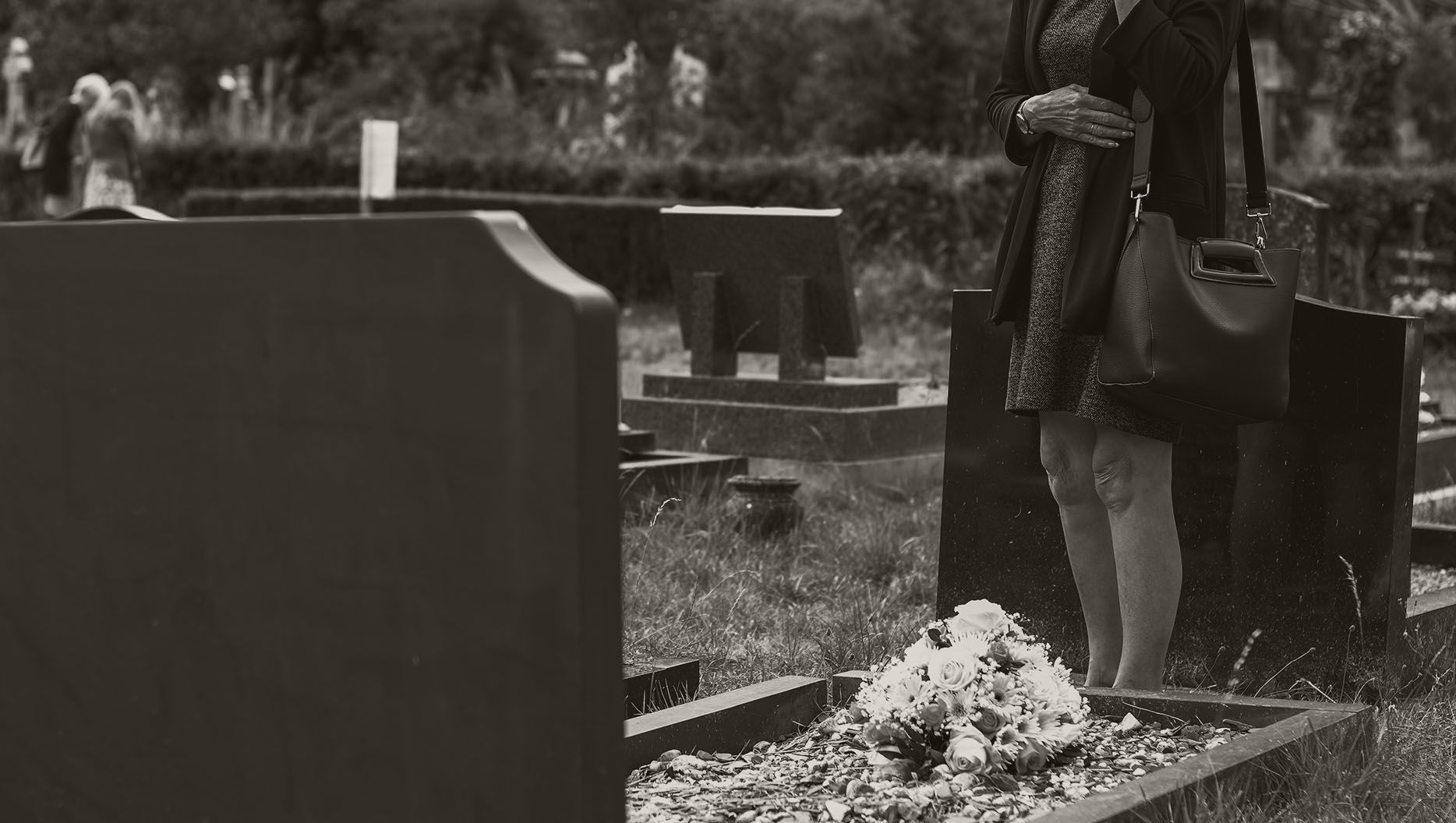This is part 1 of a 6 part series: Part 2 | Part 3 | Part 4 | Part 5 | Part 6
My dad died a month ago. He was 79 and very healthy. He just suddenly fell over at home and died within minutes in my mother’s arms of an abdominal aneurysm. It was completely unexpected.
Of course, this is one of those moments that all the lessons God has taught us so far either prove to have taken hold, or not. And it’s a moment for new lessons as well. I’ve had plenty of both over the past weeks. As I process these lessons, I thought maybe I’d share them with you. Grief is complicated and covers a lot of emotional ground. It might involve difficult relationships, unclear beliefs, fear of future loss, or fear of dying. We become aware of loose ends, things unsaid, and wasted time. We can be sad on so many levels that they just tangle together.
Even now, as I grieve the loss of my dad, I’m aware that mine is a relatively simple event compared to many I’ve known. And so, though I will start with my personal loss, I also hope to write future posts that touch on the experiences of those who face more complicated grief.
My folks were married for almost 52 years. I’m the oldest of their five children and was born in their first year of marriage, so I got to witness a lot of their life together. It was not a picture of paradise all those years, but somewhere around year 20 or so, there was tremendous growth in their relationship, and since then, they have been a wonderful example of a really good Christian marriage. I know it wasn’t always easy and I know it took a lot of work. But over and over in little day-to-day moments, they intentionally gave up self and embraced the oneness God called them to. And they were very happy.
So, the biggest portion of my grief has been sadness and worry over my mom. What will become of her now? After all those decades of God making the two of them into one, has the one become…. one-half? She seems so frail in her grief, having been accustomed to having a husband who was a leader, a thinker and planner, who handled all the finances and administrative details of their life. He was also her constant companion and best friend. Indeed, in the pain of grief, I’m sure she does not feel whole. It hurts me to watch her hurt. This is a very great loss, and all I can think is that she will always be lonely.
Perhaps you’re trying to get my attention at this point. You might just want to cheer me up, because it won’t always feel this bad. Or you may be trying to tell me the same thing that little God-voice finally got through to me. “Robyn, remember what you know of Me.” And these indeed have been the keys to good grieving for me: knowing it won’t always feel this bad, but much more importantly, remembering the character of God and what He has done. The sovereign God who created my dad and brought him home to Himself has also not abandoned my mom. Although she is lonely, He has not left her alone.
Even on her most teary days, Mom speaks of being blessed. Externally, she does seem frail. Grief has hit her in a very physical way. She’s had trouble with her balance and her senses are not as sharp as usual. She told me she feels 120 years old, and she needs to sleep more than usual. But internally, she is strong and secure in a way I didn’t expect her to be. Interesting how some people say quietly, “She’s still in shock.” But those who know her well say, “She’s a woman of great faith, and God has prepared her for this moment and is taking her through it.”
There’s a melancholy praise song that repeats, “He gives and takes away, He gives and takes away,” and it’s playing continually in my head as I think about my parents’ marriage now that one of them is gone. Yes God gives, and yes, He takes away, but, that which we truly need most still remains.
I read 2 Peter chapter 1 this morning. It’s one of my favorites. Peter is quite sure he’s going to die soon, and he’s assuring us again that we have what is most important. He says God has given us everything we need for life and godliness: His Word, His Son, and each other.
For those called to marriage, as my parents were, it is part of the provision for life and godliness. Through the struggle of the two-become-one relationship, God’s word was proven true to them and through them. The marriage relationship honed them, matured them, and they developed characteristics of Christ. Peter lists some of the characteristics, and encourages us to continue practicing the qualities of faith, virtue, knowledge, self-control, steadfastness, godliness, brotherly affection, and love. Peter says that practicing these qualities is an assurance to us that we have gained access to the eternal kingdom of Christ.
And so, though the marriage may end with the death of one spouse, the godliness gained by the remaining partner lives on. The blessings continue even though the marriage does not. Being married was part of what built Christ-character in my mother, and it is that character that now serves her well. Grief is still very hard, but it is rich and deep.
This is part one of a six part series: Part 2 | Part 3 | Part 4 | Part 5 | Part 6



